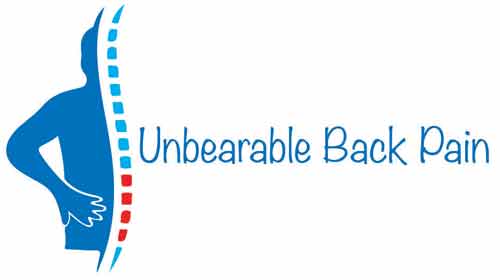Back pain during pregnancy isn’t just a minor inconvenience—it’s a common experience shared by many. Stress on your muscles and joints, thanks to that beautiful baby bump, might hit harder than you think. It’s like your body’s running a marathon without leaving the house.
Hormones play a huge role in this, too. Pregnancy introduces a surge of hormones that loosen up your ligaments and joints, which is crucial for childbirth but can lead to some spine and posture woes in the meantime. Imagine your body being flexible like a gymnast while trying to get through the day.
Different kinds of back pain can pop up. Lower back pain is the usual culprit, but some might feel it more in the pelvic area. Pelvic girdle pain is another character in this saga, making everyday movements feel like an extra chore.
These discomforts are more common than you might expect. A significant number of pregnant individuals report experiencing some form of back pain, so you’re not alone in this. Knowing the root of the issue—your changing posture, those trusty hormones, or a mix of both—can be half the battle won. Understanding what’s happening in your body helps you gear up to handle it.

Practical Tips for Managing Back Pain at Home
Maintaining good posture is your first line of defense against back pain. Imagine your body as a tall building with a straight spine acting as the foundation. Keep those shoulders relaxed and aligned with your hips. This alignment can do wonders in alleviating unnecessary pressure.
Incorporating safe exercises into your daily routine can change your approach to getting through the day. Activities like prenatal yoga or swimming not only help strengthen those back muscles but also keep stress levels in check. Regular movement encourages blood flow and helps in reducing muscle tightness.
Ergonomic adjustments can make a big difference, especially when doing everyday activities. When sitting or standing for long periods, make sure your desk and chair are set at comfortable heights. Pay attention to how you lift objects, too — always remember to bend at the knees rather than at the waist.
Heat and cold therapy can bring much-needed relief. A warm compress or hot water bottle can soothe tight muscles, while a cold pack can reduce any inflammation you might be feeling. Listen to your body and use what feels best for you.
These simple steps and tweaks in your routine can go a long way in managing back pain while keeping you as comfortable as possible through the journey.
Professional Treatment Options for Severe Back Pain
Sometimes, even the best home remedies just don’t cut it, and that’s when you might need to call in the pros. Severe back pain during pregnancy can demand more attention, so knowing when to reach out to a healthcare provider is crucial. If basic adjustments aren’t easing the discomfort or if the pain’s severe, don’t hesitate to consult a doctor.
Physical therapy can be a lifesaver. These experts can provide exercises and stretches tailored to your body’s changing needs. They focus on improving mobility and reducing pain safely, which is super important when you’re expecting.
A visit to a chiropractor could also be on the cards. Chiropractors specialize in spinal alignment, which can help ease both back and pelvic girdle pain. Make sure to choose one who’s experienced in prenatal care to ensure both safety and effectiveness.
Pain management during pregnancy is a tricky path, often requiring a combination of treatments. It’s important to discuss any treatments with your healthcare provider, ensuring that all pain relief methods are safe for you and your baby.
Then, there’s prenatal massage therapy, which can not only relieve back pain but also reduce stress and promote overall well-being. Professional massage therapists know the areas to target and the techniques to use that are safe during pregnancy, providing a relaxing escape from discomfort.
Preventative Measures to Reduce Back Pain Risk
Regular prenatal check-ups are more than just routine—they’re a key part of a proactive approach to managing back pain. Staying on top of your health not only ensures your baby’s well-being but also helps in catching any potential issues early, including back discomfort.
Wearing supportive footwear is a simple yet effective measure. It’s time to ditch those high heels for now and invest in shoes that offer good arch support and cushion. This can significantly help in balancing out the extra weight and reducing the strain on your back.
Attention to nutrition and weight management can play a notable role in preventing back pain. Maintaining a healthy pregnancy weight alleviates additional pressure on the spine, while a balanced diet supports overall joint and bone health.
The way you sleep can impact your back, so consider sleeping on your side with a pillow between your knees to maintain good spinal alignment. Supportive pillows make a significant difference, offering comfort and promoting better sleep posture during various stages of pregnancy.
Final Thoughts


